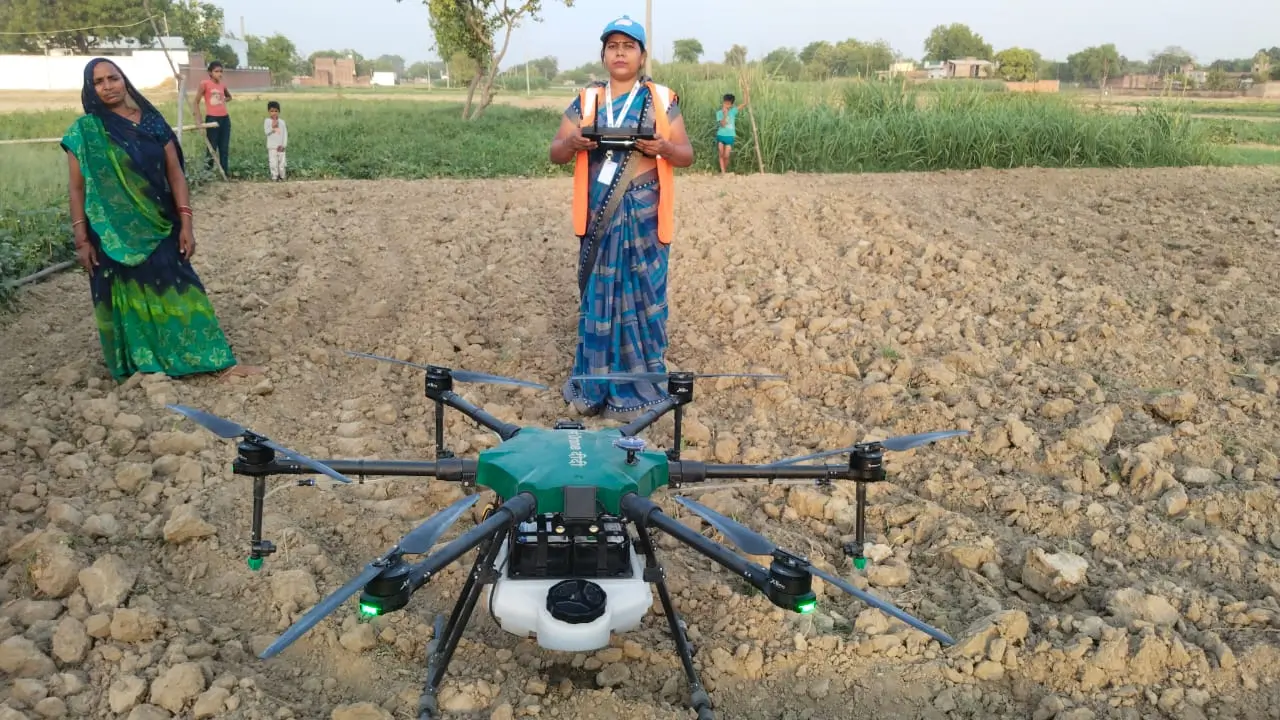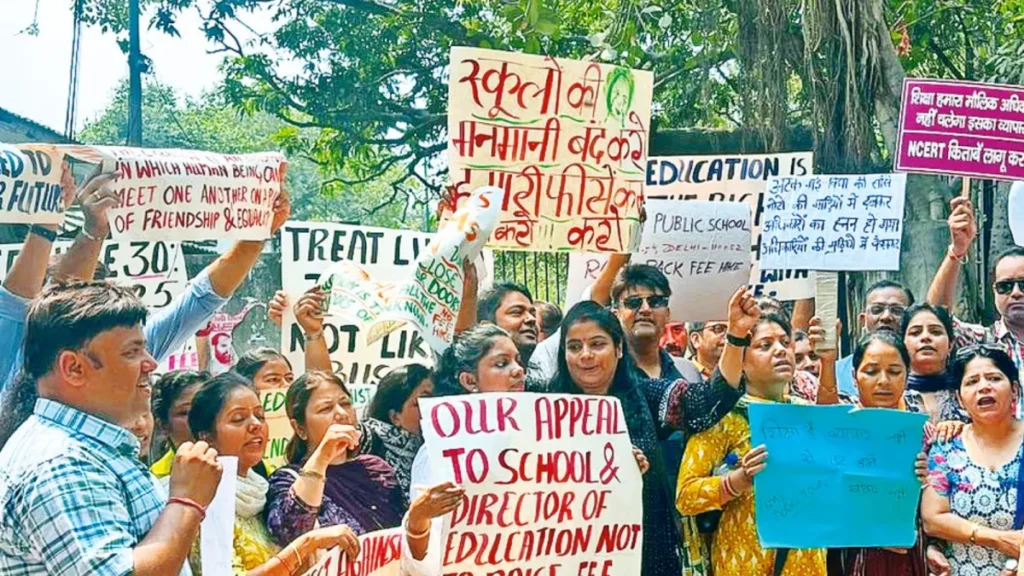Now Reading: Nashik College Students Build Low-Cost Drone for Agri Use – Wins Global Innovation Award
-
01
Nashik College Students Build Low-Cost Drone for Agri Use – Wins Global Innovation Award
Nashik College Students Build Low-Cost Drone for Agri Use – Wins Global Innovation Award

A group of engineering students from a Nashik-based college has brought global attention to Indian grassroots innovation. Their project—a low-cost agricultural drone designed to assist small and marginal farmers—has bagged the prestigious Global Innovation Award 2025. The team’s focus on affordability, efficiency, and rural impact has made their solution stand out in a field dominated by high-end tech.
Designed with Farmers in Mind
The drone, developed by final-year students of a government engineering college in Nashik, was created with one goal: to make precision farming accessible to small farmers. The prototype costs less than ₹25,000, significantly cheaper than most commercial agri-drones currently on the market.
It can spray fertilizers, monitor crop health through thermal imaging, and map farmland for better yield analysis. What sets it apart is its ease of use—operable via a simple mobile app in Marathi and Hindi, catering to regional users.
Global Recognition for Local Innovation
The innovation earned the top prize at the Global AgriTech Summit held in Singapore, where over 40 countries participated. The judges appreciated the project’s potential to transform agricultural practices in developing economies.
The award includes a mentorship grant and seed funding to scale the prototype. For the Nashik students, this recognition is not only a career milestone but also a validation of their belief that technology must serve those at the grassroots.
Boost for Tier-2 Talent and Innovation
Nashik, a growing Tier-2 city in Maharashtra, is steadily gaining a reputation for technical innovation. This win adds to a string of student-led successes from non-metro institutions across India.
Experts believe that such recognition highlights the need for more investment in research infrastructure in smaller cities. Tier-2 colleges, with the right support, can become powerful engines of frugal innovation and rural empowerment.
The Road Ahead
The students now plan to collaborate with agricultural universities and local panchayats to pilot the drone in real-world farming environments. There are also talks with state-level startup incubators to help scale production and train farmers in its use.
If successfully adopted, the drone could lower costs and labour for farmers, especially in regions where manpower shortages and rising input prices remain a concern.
Conclusion
The Nashik students’ low-cost agri-drone is a timely reminder that innovation does not always come from high-tech labs in metros. With practical solutions rooted in local needs, Tier-2 India is showing it has both the talent and the intent to lead meaningful change. As this project gains momentum, it may well inspire a wave of socially impactful tech from small towns across the country.

























